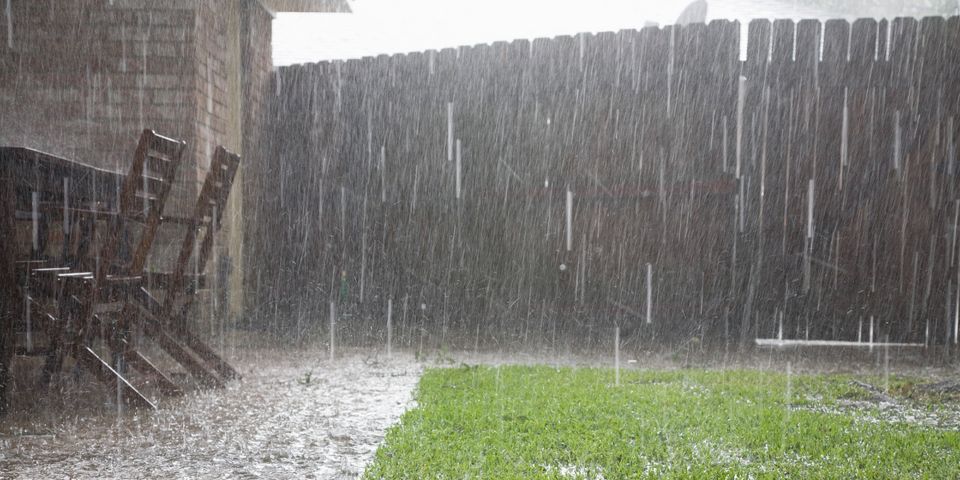4 Common Causes of Basement Flooding

Basements are a valuable feature for any home to have, as they help increase functional space. However, they’re vulnerable to flooding in both wet and dry weather, which can result in costly damages and mold growth. By understanding the reasons flooded basements often occur, you’ll be better equipped to take the necessary precautions to avoid disaster. Here are some of the most common causes you should be aware of to be proactive about prevention.
Why Do Basements Flood?
1. Poor Yard Grading
The ground needs to slope away from your home to ensure rainwater is carried in the opposite direction of the foundation. If the land slopes toward your home, there’s a greater risk for flooding during heavy rainfall.
If your yard has poor grading, you may notice puddles of standing water, erosion, sponge-like soil, and dying grass or plants. A contractor can re-grade your yard or install drainage systems to help drive water away from the foundation.

2. Ineffective Gutters
Your gutter system plays an important role in reducing your risk of flooding since it carries rainwater off the roof. When gutters clog, break, or start to pull away from the roof, they’ll overflow onto the ground below. This will allow the water to build up near the side of your home, where it can leak into the basement. As such, it’s essential to clean out your gutters often and have them repaired at the first sign of damage.
3. Sump Pump Failure
Many homeowners rely on a sump pump to help prevent flooded basements. When working properly, they remove excess water surrounding a home’s foundation and channel it to the appropriate drainage area before it’s able to seep inside the basement.
If you have a sump pump, but it fails to operate or doesn’t function correctly, the water will continue to collect and eventually enter the basement. Sump pumps need regular maintenance and inspections to keep them running smoothly.
4. Broken Water Heater or Supply Lines
The basement is a common spot to install water heaters. Unfortunately, if they begin to leak, the water could potentially lead to flooding. Additionally, water supply lines generally run through a home’s lower level.
Therefore, if a pipe cracks or bursts, the basement could quickly fill with water. It’s best to get routine plumbing inspections and make sure your pipes are insulated in cold weather to prevent damage.
For help avoiding all the hassles of a flooded basement, turn to A Gombos Basement Waterproofing. They offer a variety of effective and affordable solutions to protect your home from water damage. Serving residents throughout New Haven County, CT, since 1961, this family-owned business is proud to provide quality workmanship supported with a written guarantee. Call (203) 393-3009 to request a free estimate or visit them online for more information on what they do.
About the Business
Have a question? Ask the experts!
Send your question

